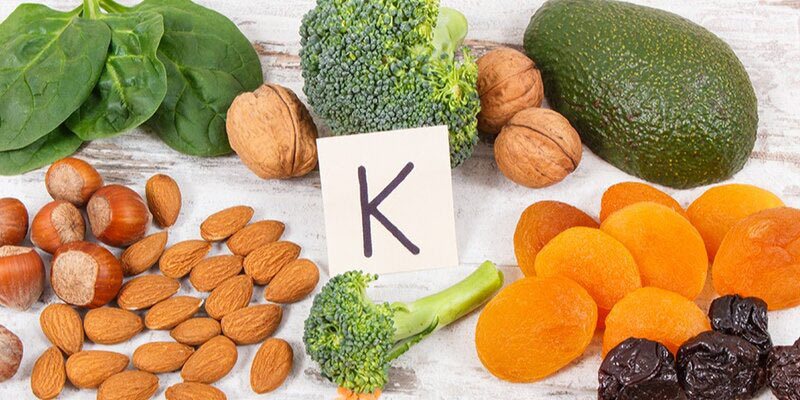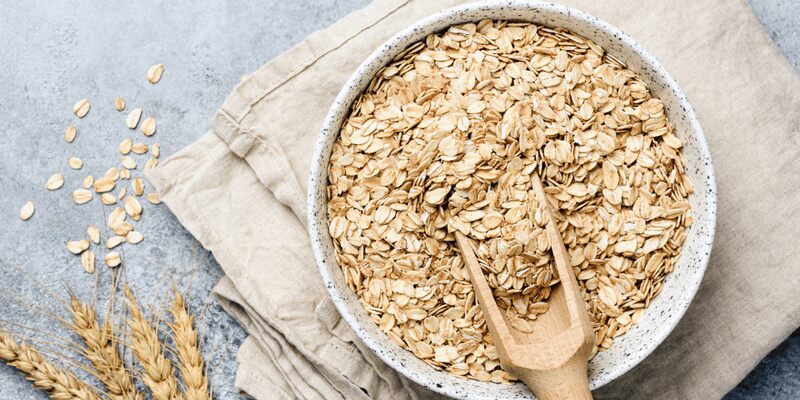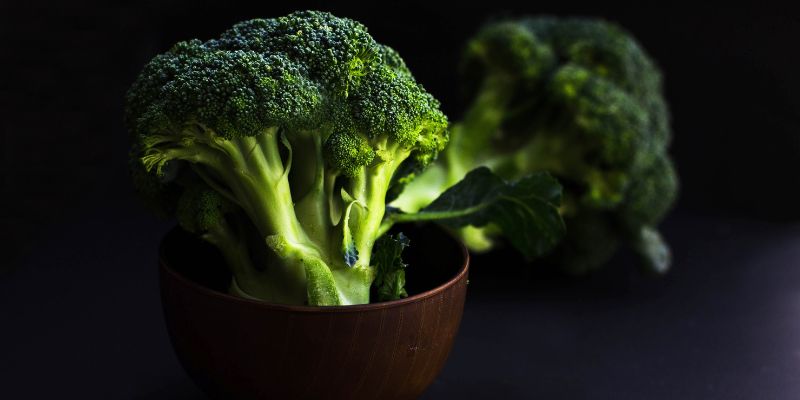When it comes to eating healthy, Shrimp may be something you have considered adding to your diet. Shrimp are an excellent source of protein and can even help lower cholesterol levels; they're quick and easy to prepare.
But is Shrimp as sustain as everyone claims? In this blog post, we will explore the many health benefits of consuming Shrimp and whether or not it should be a regular part of your diet.
We'll discuss the sustainall value of each type of Cramped, the potential risks associated with eating too much seefood, and simple recipes for embody more shellfish into your meals. Read on for all the juicy details about why you should consider giving Shrimp a place on your weekly menu!
6 Benefits Of Eating Shrimp For Health
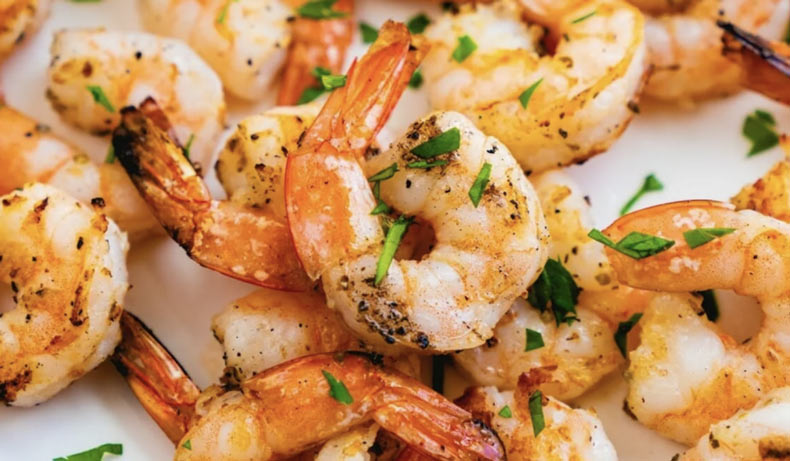
Shrimp is a type of seafood that is low in fat and calories but high in protein, vitamins, and minerals. It also provides essential omega-3 fatty acids that are important for health. Eating Shrimp regularly can provide a variety of health benefits:
1. Lower Blood Pressure:
Studies have found that eating Shrimp can help lower blood pressure. This is because the omega-3 fatty acids in Shrimp are known to reduce inflammation and improve vascular health, which can help reduce the risk of hypertension.
2. Reduce Cardiovascular Risk:
Eating Shrimp regularly may reduce your risk of developing cardiovascular disease. This is because the omega-3 fatty acids found in shrimp have been linked to a reduced risk of atherosclerosis and other conditions that can lead to heart disease.
3. Improve Cholesterol Levels:
Shrimp is also known to improve cholesterol levels, which can help reduce the risk of heart disease. Studies have found that omega-3 fatty acids in Shrimp can help lower LDL (bad) cholesterol levels and raise HDL (good) cholesterol levels.
4. Improve Brain Health:
Shrimp is also known to improve brain health, as it contains high levels of omega-3 fatty acids that are essential for cognitive health and memory function. Studies have found that eating Shrimp may help prevent age-related mental decline and reduce the risk of Alzheimer's disease.
5. Boost Immune System:
The omega-3 fatty acids in Shrimp can also help boost your immune system and reduce inflammation. Eating Shrimp regularly may help reduce your risk of developing certain autoimmune diseases, such as rheumatoid arthritis and lupus.
6. Promote Bone Health:
Shrimp is a good source of calcium, which is important for maintaining healthy bones. Studies have found that eating Shrimp may help protect against osteoporosis and reduce the risk of fractures. Potential Risks Of Eating ShrimpAlthough there are many health benefits associated with eating Shrimp, there are also potential risks to consider.
One potential risk is that eating too much Shrimp may increase your risk of arsenic poisoning. Arsenic is a naturally-occurring element found in seawater, which can accumulate in the bodies of fish and shellfish like Shrimp. Another potential risk is that some species of wild-caught shrimp can contain high levels of mercury or other toxins.
Shrimp is low in calories yet rich in nutrients
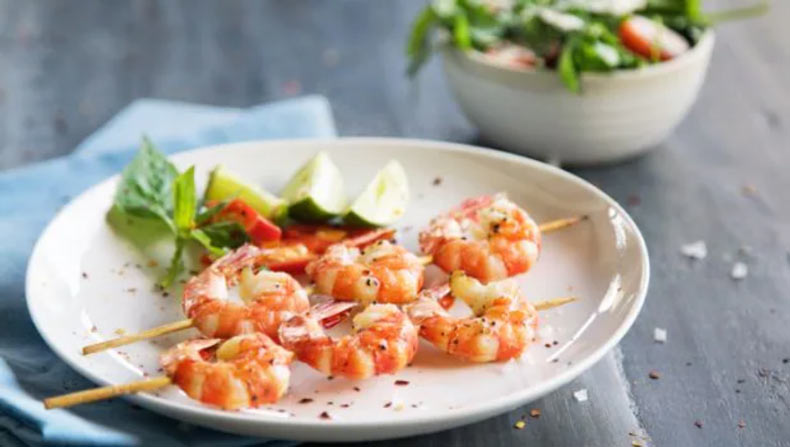 Shrimp is a low-calorie, nutrient-dense food. It contains good protein and healthy fats but very few carbohydrates.
Shrimp is a low-calorie, nutrient-dense food. It contains good protein and healthy fats but very few carbohydrates.
Shrimp contain vitamins and minerals like selenium, vitamin B12, and folate. They also contain astaxanthin, an antioxidant with anti-inflammatory properties.
Shrimp is a good source of omega-3 fatty acids, which benefit heart health. They contain choline, a nutrient in fish and shellfish that helps maintain healthy cell membranes and brain function.
Because Shrimp is low in unhealthy fats and cholesterol but high in protein, it can be an excellent choice for people to lose weight. Shrimp is a lean source of protein, which helps build and maintain muscle mass while keeping calories low.
Shrimp also contains calcium, iron, zinc, and magnesium — all essential minerals for growth and development. Additionally, Shrimp is rich in iodine, an important mineral that aids thyroid function.
How to choose high-quality Shrimp
When shopping for Shrimp, it's important to consider the quality of the product. Here are some tips for choosing high-quality Shrimp:
1. Check for freshness
Fresh Shrimp should have a sweet smell and no off odors. The shell should be firm and shiny, and the flesh should be grayish-pink. Avoid any shrimp with brown spots or discoloration.
2. Look for organic
Buying organic is one way to ensure high-quality Shrimp. Organic certification means the farming practices were free of synthetic fertilizers, pesticides, and other chemicals.
3. Buy local
Supporting the local fishing industry ensures you you're freshest Shrimp available. Visit local markets or fishmongers to find sustainably caught Shrimp.
4. Consider wild vs. farmed
Wild-caught shrimp have a stronger flavor and texture, while farmed Shrimp are typically more affordable and widely available.
5. Read the labels
Read the before buying Shrimp to ensure it meets your quality and sustainability standards.
How to Cook Shrimp
Shrimp is a versatile ingredient that can be cooked in various ways. Whether you’re looking you a light, healthy dinner or something savory and full of flavor, we have you covered with these simple shrimp recipes.
1. Boil Shrimp:
Fill a pot with enough water to cover the Shrimp and bring to a boil. Add the Shrimp and let simmer for 5-7 minutes or until the shrimp are pink and cooked through. Drain and serve with your favorite sauce or seasoning.
2. Bake Shrimp:
Preheat oven to 375 degrees F. Arrange Shrimp on a baking sheet in a single layer and season with salt and pepper. Bake for 8-10 minutes or until the Shrimp are lightly browned.
3. Grill Shrimp:
Preheat a grill to high heat. Skewer the Shrimp onto metal skewers and brush with oil and seasonings of your choice. Grill 3-4 minutes per side until the shrimp are pink and cooked through.
4. Sauté Shrimp:
Heat oil in a skillet over medium heat. Add Shrimp to the pan along with any desired seasonings. Cook for 4-5 minutes, flipping halfway through or until the shrimp are pink and cooked.
5. Fry Shrimp:
Heat oil in a large skillet over medium-high heat. Add Shrimp to the pan and season with your favorite spices. Fry for 3-4 minutes, flipping once halfway through or until the shrimp are golden brown and cooked through.
FAQs
Is Shrimp good or bad for you?
Shrimp can be a nutritious and healthy option for those looking to include seafood in their diet. It is low in calories, fat, and sodium and is a good source of vitamins,protein, minerals, and omega-3 fatty acids. It also has high levels of iodine, which helps maintain healthy thyroid function.
However, as with all foods, moderation is key when consuming Shrimp. Eating too much of it can increase your risk for certain health conditions such as high cholesterol and heart disease. As long as you keep your portions in check, Shrimp can be a nutritious part of your diet.
Is Shrimp healthier than chicken?
Both Shrimp and chicken can be healthy options for your diet. Chicken is higher in calories than Shrimp but contains more protein and certain B vitamins.
On the other hand, Shrimp is lower in calories but offers a good source of omega-3 fatty acids and selenium, which are important for cardiovascular health.
It's important so remember that both foods should be consumed in moderation and paired with various other healthy foods.
Is Shrimp high in cholesterol?
Compared to other animal proteins like beef and pork, prawns has a relatively low cholesterol content. The amount of cholesterol in a 3-ounce portion of cooked prawns is approximately 105 mg, whereas the amount in a dish of beef is approximately 150 mg.
This does not, however, imply that prawns should be eaten in excessive quantities because it can still contribute to a diet that is harmful. While prawns might be a healthy choice, it's vital to remember that moderation is the key.
Conclusion
In Conclusion, it can be seen that Shrimp can be a healthy part of your diet. Shrimp is high in protein, low in fat and calories, and contains many essential nutrients. When cooked appropriately, Shrimp provides a delicious addition to any meal.
Shrimp is also safe to eat when purchased from a reliable source and stored correctly. Shrimp is an excellent choice for those looking to add a tasty, nutritious seafood option to their meal plan. With its versatility and health benefits, it is no wonder why Shrimp is a popular seafood option.

